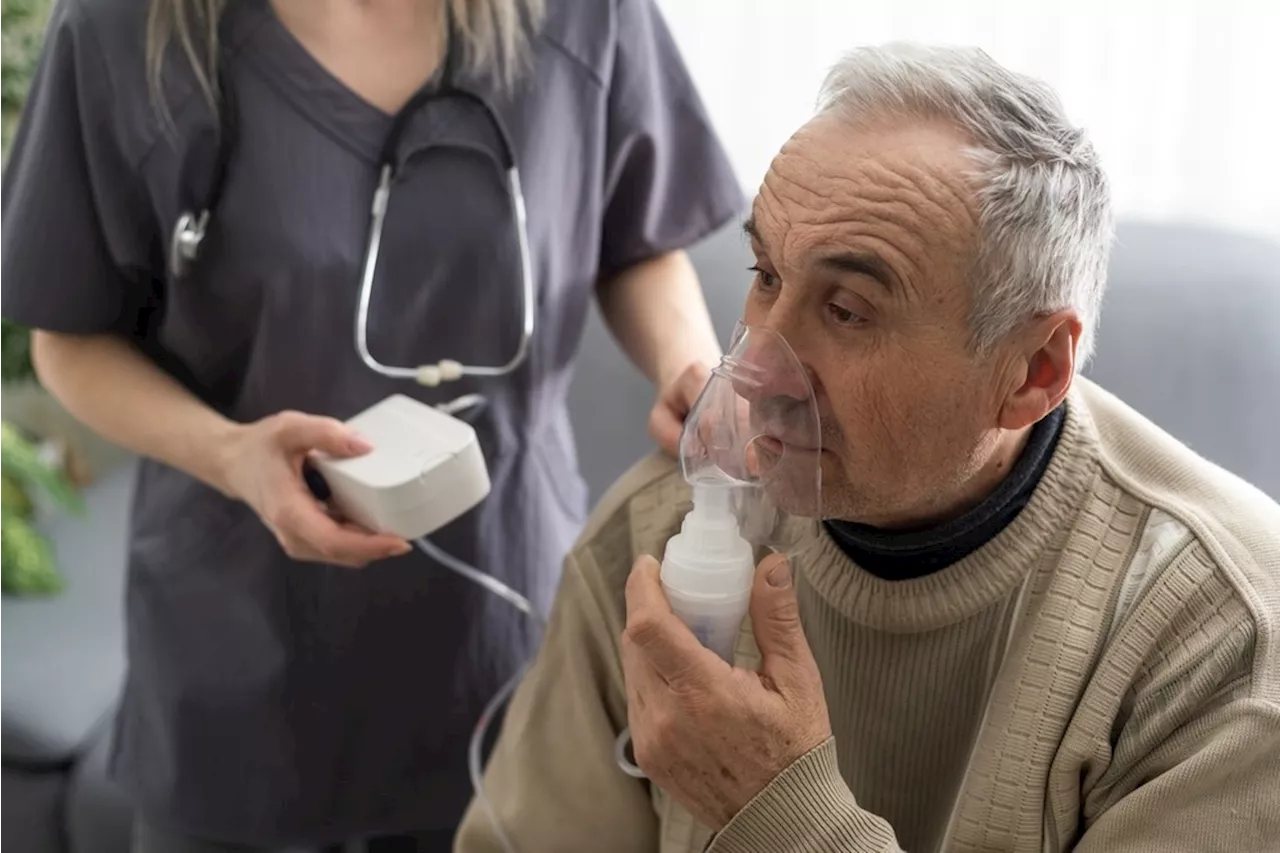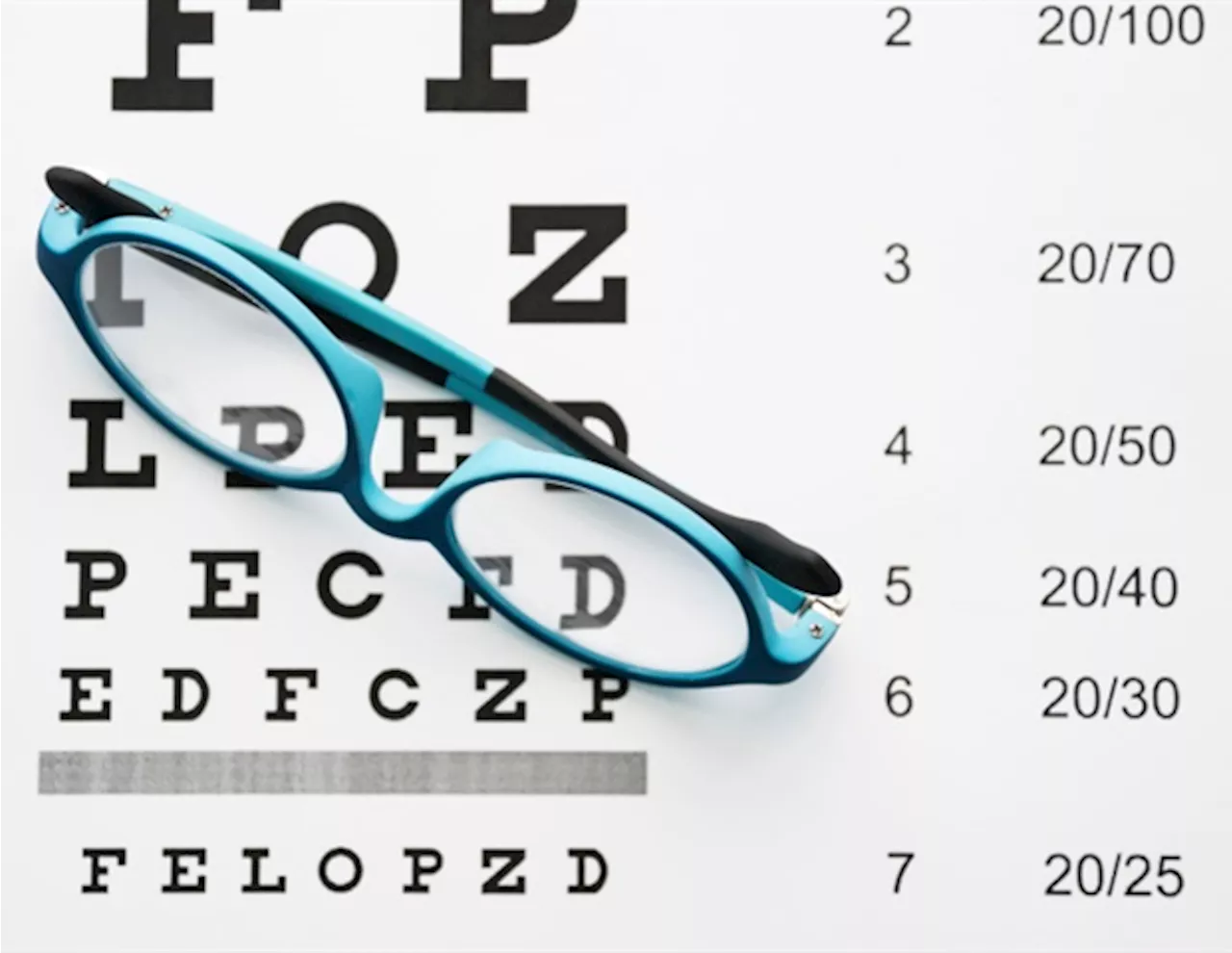A new study investigates the potential link between popular GLP-1 medications and vision problems, raising concerns despite the drugs' proven benefits.
A retrospective study published in JAMA Ophthalmology in January 2025 examined the potential link between GLP-1 medications and vision problems . The study focused on nine patients who experienced vision issues while using semaglutide (Wegovy and Ozempic) or tirzepatide (Mounjaro and Zepbound), drugs known for their remarkable popularity in weight management and diabetes treatment. While a direct causal relationship hasn't been established, the study highlights a concerning trend.
Several patients presented with nonarteritic anterior ischemic optic neuropathy (NAION), a condition involving insufficient blood supply to the optic nerve, leading to permanent partial vision loss. Other cases involved papillitis, optic nerve head inflammation, and paracentral acute middle maculopathy, which can cause a blind spot in vision. Notably, some patients displayed atypical symptoms, experiencing NAION in both eyes simultaneously. This finding deviates from the typical presentation of NAION, which usually affects only one eye at a time.The authors emphasize that while these cases remain relatively rare, the skyrocketing demand for GLP-1 medications warrants attention. A 2024 study revealed that 12% of the U.S. population has used these drugs, with 6% currently taking them. Patients in the study, all in their 50s and 60s, were prescribed these medications due to diabetes or obesity, often accompanied by other cardiovascular conditions. These comorbidities themselves can contribute to vision problems like diabetic retinopathy. The researchers question whether these medications could be increasing the risk of visual loss, particularly in patients who experience rapid blood glucose reductions. They acknowledge that diabetic patients, even without taking these medications, may experience temporary vision blurring due to blood sugar fluctuations. The message to patients is that while these drugs offer well-documented benefits, they should promptly consult their internists if they experience vision loss. Adjustments in dosage or medication discontinuation may be necessary. The takeaway for healthcare providers is to prioritize prompt ophthalmological evaluation for any patient reporting vision changes while on GLP-1 medications.
GLP-1 Medications Vision Problems NAION Diabetic Retinopathy Healthcare Ophthalmology
United Kingdom Latest News, United Kingdom Headlines
Similar News:You can also read news stories similar to this one that we have collected from other news sources.
 Strictly Star Russell Grant Hospitalized After Vision ProblemsStrictly Come Dancing star and astrologer Russell Grant was rushed to the hospital after experiencing vision problems. Grant reported seeing 'strange cottony things floating' in his left eye. Doctors diagnosed a bleed behind his eye, but thankfully, there was no retinal damage. While floaters are now a permanent fixture, Grant remains optimistic.
Strictly Star Russell Grant Hospitalized After Vision ProblemsStrictly Come Dancing star and astrologer Russell Grant was rushed to the hospital after experiencing vision problems. Grant reported seeing 'strange cottony things floating' in his left eye. Doctors diagnosed a bleed behind his eye, but thankfully, there was no retinal damage. While floaters are now a permanent fixture, Grant remains optimistic.
Read more »
 Diabetes medications may help lower COPD flare-up risk, study findsThe study reveals SGLT-2is are linked to fewer COPD exacerbations in type 2 diabetes, suggesting a need for further clinical trials to confirm these findings.
Diabetes medications may help lower COPD flare-up risk, study findsThe study reveals SGLT-2is are linked to fewer COPD exacerbations in type 2 diabetes, suggesting a need for further clinical trials to confirm these findings.
Read more »
 Study finds global underuse of medications for cardiovascular disease preventionSecondary prevention medications for cardiovascular diseases (CVD) are underused globally and additional strategies to increase their use are needed to improve CVD management and reduce premature mortality rates, according to study published today in JACC, the flagship journal of the American College of Cardiology.
Study finds global underuse of medications for cardiovascular disease preventionSecondary prevention medications for cardiovascular diseases (CVD) are underused globally and additional strategies to increase their use are needed to improve CVD management and reduce premature mortality rates, according to study published today in JACC, the flagship journal of the American College of Cardiology.
Read more »
 GLP-1RA Weight-Loss Drugs: A Comprehensive Evaluation of Benefits and RisksA new study from Washington University in St. Louis reveals both the positive and negative impacts of GLP-1 receptor agonists (GLP-1RA) on health, shedding light on their effects on cognitive function, addiction, and organ systems.
GLP-1RA Weight-Loss Drugs: A Comprehensive Evaluation of Benefits and RisksA new study from Washington University in St. Louis reveals both the positive and negative impacts of GLP-1 receptor agonists (GLP-1RA) on health, shedding light on their effects on cognitive function, addiction, and organ systems.
Read more »
 Apple's Slump and the Popping of the GLP-1 BubbleThe article analyzes the reasons behind Apple's recent stock decline and the fading hype surrounding GLP-1 drugs. It explores the impact of a potential tariff exemption for iPhones, legal issues with Google payments, and concerns over growing competition in the pharmaceutical sector.
Apple's Slump and the Popping of the GLP-1 BubbleThe article analyzes the reasons behind Apple's recent stock decline and the fading hype surrounding GLP-1 drugs. It explores the impact of a potential tariff exemption for iPhones, legal issues with Google payments, and concerns over growing competition in the pharmaceutical sector.
Read more »
 GLP-1RA Use Linked to Short-Term Increase in Thyroid Cancer DiagnosesA recent study suggests a potential association between the use of GLP-1 receptor agonists (GLP-1RAs) and a short-term increase in thyroid cancer diagnoses in adults with type 2 diabetes. While the risk appears to diminish with longer treatment duration, the findings highlight the need for ongoing monitoring and further research.
GLP-1RA Use Linked to Short-Term Increase in Thyroid Cancer DiagnosesA recent study suggests a potential association between the use of GLP-1 receptor agonists (GLP-1RAs) and a short-term increase in thyroid cancer diagnoses in adults with type 2 diabetes. While the risk appears to diminish with longer treatment duration, the findings highlight the need for ongoing monitoring and further research.
Read more »
